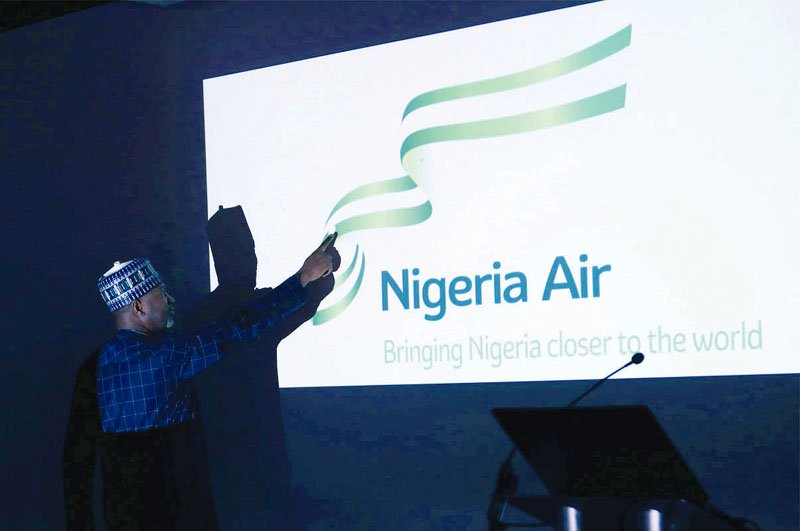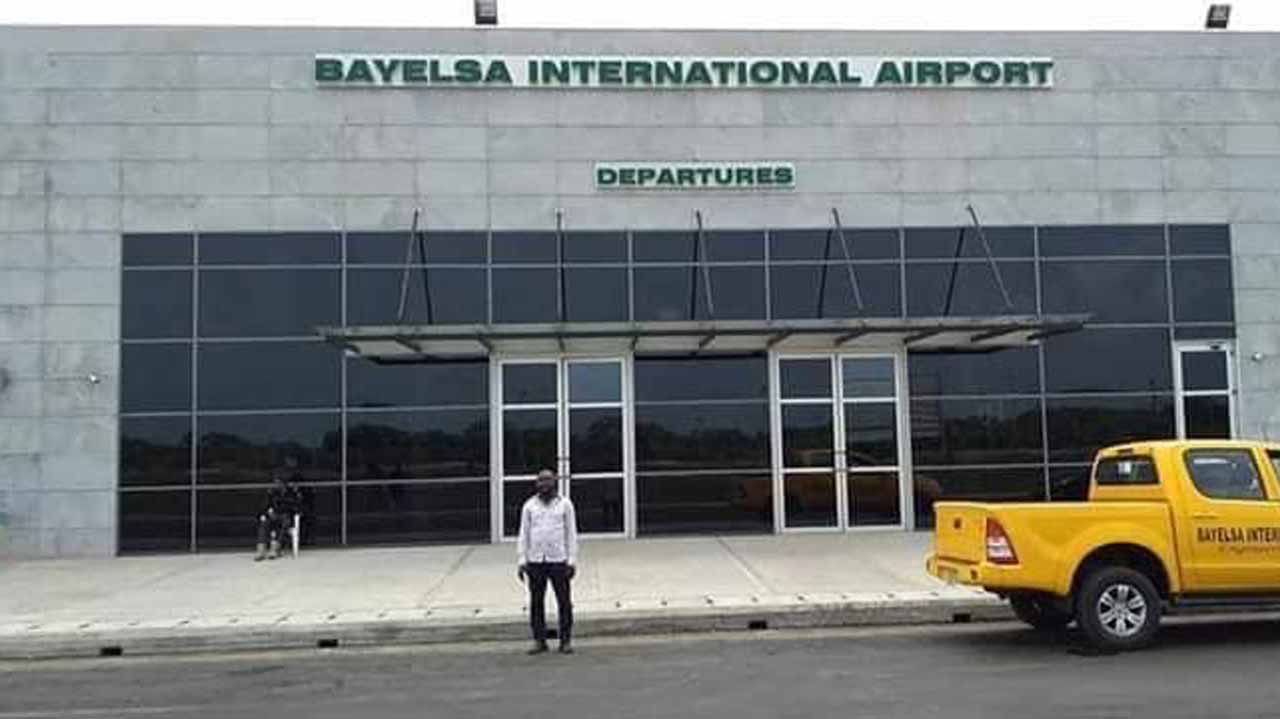More than two years after the Lagos State Government has signaled plans to decentralize waste dump site with the aim of beginning a waste-to-power project, South Africa’s City of Cape Town is now generating its own electricity through a waste-to-energy plant.
The idea was discussed about three months ago and today, it has started yielding results, adding additional power to the national grid.
Speaking during the launch of the ZAR400 million ($30 million) plant in Athlone, Mayor Patricia de Lille said she felt it was wrong that the national power supplier, Eskom, had a monopoly and forced the city to purchase its fossil-fuel power.
News24 had reported that the city seeks to provide its citizens with a greater choice on what type of energy they want to consume, and is also aiming to have 20% renewable energy as part of its energy mix.
According to her, “This is an exciting addition to the green economy in Cape Town,” stressing that “We are driving it very hard because we see the prospects for South Africa.”
The CEO of New Horizons Energy, Egmont Otterman, highlighted that the city generates around 8,000 tonnes of waste a day and that Cape Town is suited for this plant because of its high landfill prices, a progressive government, and a shortage of gas.
Specifications show that the plant is set to use 500 tonnes of organic household, municipal, and industrial waste per day, in an anaerobic digestive process, to produce methane, food-grade carbon dioxide, and organic fertilizer.
The waste-to-power plant is estimated to supply around 4% to 5% of the city’s liquid petroleum gas requirement.
Zille added further that the plant would allow Africa to leap-frog centuries of technology to be at the forefront of energy creation, media reported.
Besides, the project is envisioned will contribute to the city’s energy stability – an attraction for foreign investors.








